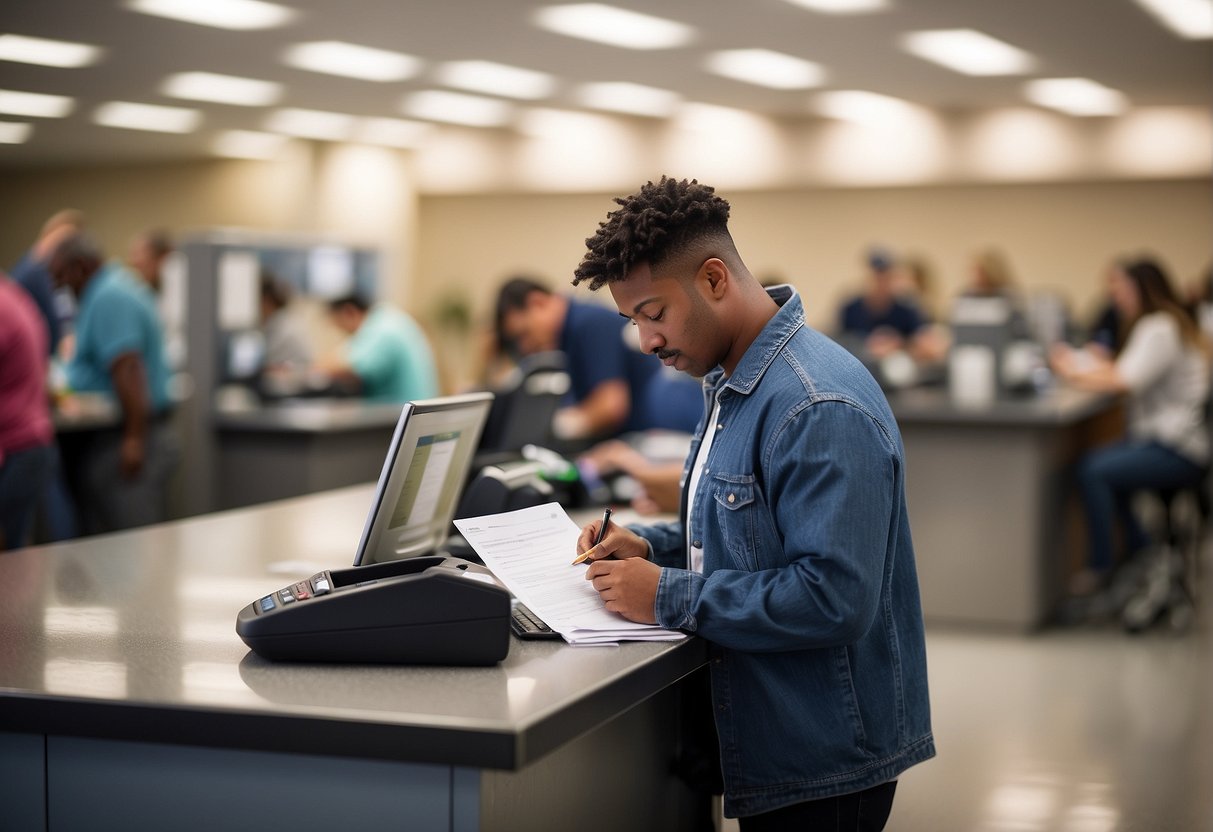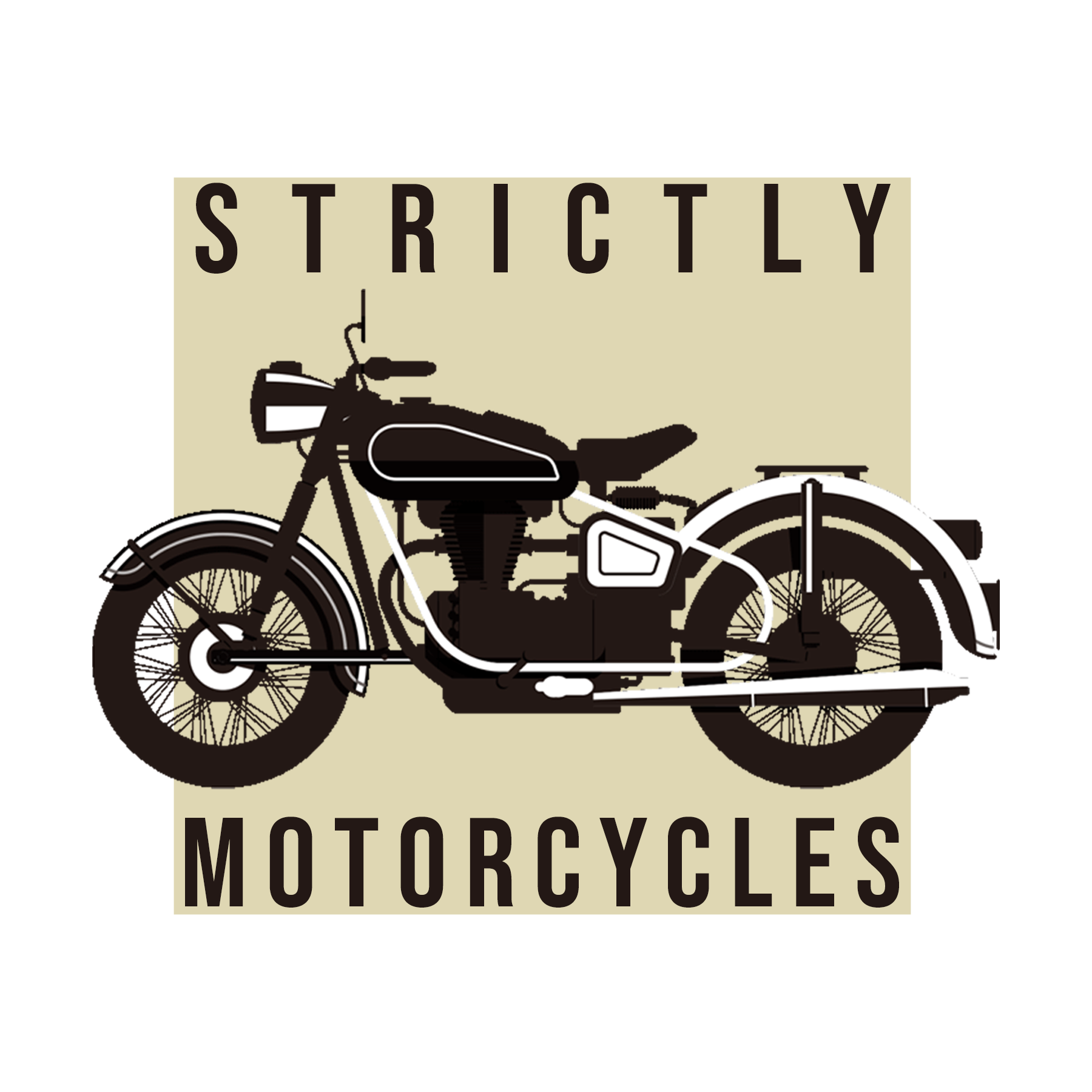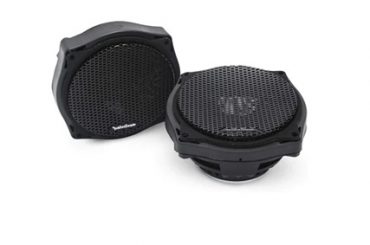Eligibility Requirements for Motorcycle License in NC

To obtain a motorcycle license in North Carolina, an individual must meet certain eligibility requirements. These requirements include:
- Being at least 16 years old.
- Holding a valid North Carolina driver’s license or learner’s permit.
- Completing a motorcycle safety course, if under 18 years old and holding a full provisional license.
- Passing a vision screening.
- Passing a written knowledge test that includes questions on motorcycling.
- Passing a road test that evaluates the individual’s ability to operate a motorcycle safely.
It is important to note that the testing requirement may be waived if the individual’s license is still valid. For more information on waiving the testing requirement, it is recommended to contact the local DMV driver licensing office.
Additionally, there are certain documents that an individual must provide to obtain a motorcycle license in North Carolina. These documents include:
- One document that proves the individual’s name, age, and date of birth.
- One document proving the individual’s Social Security status.
Once an individual has met all of the eligibility requirements and provided the necessary documents, they must pay a $2.55 motorcycle endorsement fee for each year the endorsement is valid.
Overall, obtaining a motorcycle license in North Carolina requires meeting certain eligibility requirements and providing the necessary documents. It is important for individuals to ensure that they have met all of the requirements before attempting to obtain a motorcycle license.
Motorcycle License Application Process

To apply for a motorcycle license in North Carolina, there are several steps that need to be followed. These steps include documentation and identification, written and skills tests, vision screening, and payment of fees.
Documentation and Identification
To apply for a motorcycle license in North Carolina, an individual must provide proof of identification, residency, and legal presence. Acceptable forms of identification include a valid North Carolina driver’s license, a birth certificate, a passport, or a military ID. In addition, the individual must provide proof of residency, such as a utility bill or lease agreement.
Written and Skills Tests
To obtain a motorcycle license in North Carolina, an individual must pass both a written knowledge test and a skills test. The written knowledge test assesses the individual’s understanding of the rules of the road, traffic signs, and safe driving practices. The skills test evaluates the individual’s ability to operate a motorcycle safely and effectively.
Vision Screening
Before obtaining a motorcycle license in North Carolina, the individual must pass a vision screening test. This test ensures that the individual has adequate vision to operate a motorcycle safely on the road.
Fees and Payment Methods
There are fees associated with obtaining a motorcycle license in North Carolina. These fees include an application fee, a written knowledge test fee, and a skills test fee. Payment can be made by cash, check, or credit card.
Overall, the process of obtaining a motorcycle license in North Carolina requires careful preparation and attention to detail. By following the steps outlined above, individuals can successfully obtain their motorcycle license and enjoy the freedom of the open road.
Types of Motorcycle Licenses
In North Carolina, there are two types of motorcycle licenses: the Motorcycle Learner’s Permit and the Full Motorcycle Endorsement.
Motorcycle Learner’s Permit
A Motorcycle Learner’s Permit allows an individual to legally operate a motorcycle on North Carolina roads while under the supervision of a licensed motorcycle operator. To obtain a Motorcycle Learner’s Permit, the applicant must pass a written test and a vision test at a local DMV office. The permit is valid for 12 months and can be renewed one time.
Full Motorcycle Endorsement
A Full Motorcycle Endorsement allows an individual to legally operate a motorcycle on North Carolina roads without any restrictions. To obtain a Full Motorcycle Endorsement, the applicant must be at least 18 years old and have a valid North Carolina driver’s license. The applicant must also pass a written test, a vision test, and a road test at a local DMV office.
It is important to note that the road test for a Full Motorcycle Endorsement is not waived for individuals who have completed a motorcycle safety course. However, individuals who have completed a course approved by the Motorcycle Safety Foundation may be eligible for a waiver of the written test and the road sign test.
Overall, obtaining a motorcycle license in North Carolina requires passing a series of tests and meeting certain requirements. It is recommended that individuals interested in obtaining a motorcycle license review the North Carolina Driver’s Handbook and take a motorcycle safety course before attempting to obtain a license.
Motorcycle Safety Education
Safety Course Overview
In North Carolina, individuals who wish to obtain a motorcycle license must complete a safety course. The North Carolina Motorcycle Safety Education Program offers a variety of courses for both beginning and experienced riders. These courses include the Basic RiderCourse (BRC), the Basic Rider Course 2 (BRC2), and the Advanced RiderCourse (ARC). The BRC is designed for beginning and re-entry riders, while the BRC2 is for those with a minimum of 6 months riding experience. The ARC is for experienced riders who want to enhance their skills.
The BRC is a 17.5-hour course that includes both classroom and on-cycle instruction. The course covers a variety of topics including basic motorcycle operation, turning, shifting, and braking. The BRC2 is a 9-hour course that builds on the skills learned in the BRC. The course covers more advanced riding techniques including cornering and swerving. The ARC is a one-day course that focuses on advanced riding techniques such as high-speed maneuvering and crash avoidance.
Benefits of Completing a Safety Course
Completing a safety course offers many benefits to riders. First and foremost, it provides riders with the skills and knowledge they need to operate a motorcycle safely. This can help reduce the risk of accidents and injuries. In addition, completing a safety course may qualify riders for insurance discounts. Many insurance companies offer discounts to riders who have completed a safety course.
Completing a safety course can also help riders feel more confident on the road. Riding a motorcycle can be intimidating, especially for new riders. However, completing a safety course can help riders feel more comfortable and confident on their bike. This can make riding more enjoyable and less stressful.
Overall, completing a safety course is an important step for anyone who wants to obtain a motorcycle license in North Carolina. It provides riders with the skills and knowledge they need to operate a motorcycle safely, while also offering a variety of other benefits.
Renewal and Maintenance
License Renewal Process
In North Carolina, motorcycle licenses must be renewed every five years. The renewal process is similar to that of a regular driver’s license. The North Carolina Division of Motor Vehicles (DMV) will mail a renewal notice to the license holder’s address on file approximately 60 days prior to the expiration date. The notice will include instructions on how to renew the license.
To renew a motorcycle license, the license holder must complete an application and pay the renewal fee. The fee is the same as that for a regular driver’s license. If the license has expired for more than two years, the license holder must also pass a written and driving test.
Address and Name Change Procedures
If a motorcycle license holder changes their name or address, they must update their license information with the DMV within 60 days of the change. To update their name or address, the license holder must visit a DMV office and provide proof of the change, such as a marriage certificate or utility bill. There is no fee to update name or address information.
It is important for motorcycle license holders to keep their information up-to-date with the DMV to ensure they receive renewal notices and other important information regarding their license.

